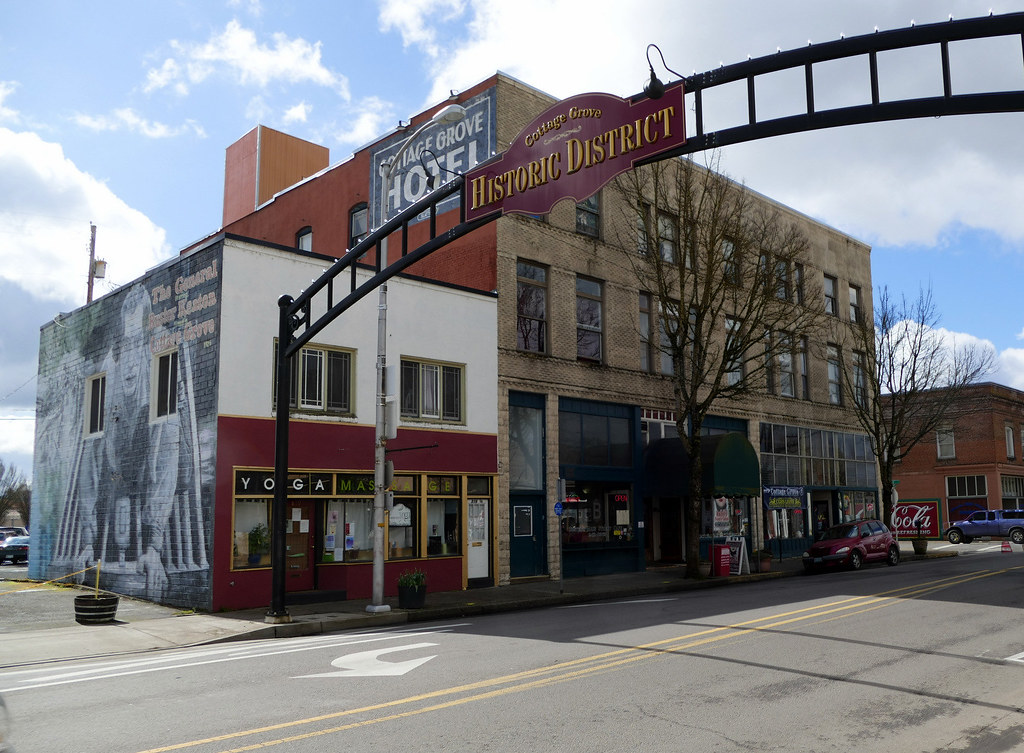In 2015, world leaders came together to adopt the 2030 Agenda for Sustainable Development, a transformative plan of action aimed at addressing global challenges and creating a more sustainable and inclusive world. At its core are the 17 Sustainable Development Goals (SDGs), a universal call to action to end poverty, protect the planet, and ensure prosperity for all. In this blog, we will delve into the significance of the SDGs and explore how they serve as a roadmap for achieving a better future.
- No Poverty:
The first SDG, No Poverty, seeks to eradicate extreme poverty in all its forms by promoting social protection systems, access to basic services, and sustainable livelihood opportunities. By implementing targeted poverty reduction strategies, such as investing in education and healthcare, and fostering inclusive economic growth, we can create a world where everyone has the opportunity to thrive.
- Zero Hunger:
The second SDG, Zero Hunger, calls for an end to hunger, achieve food security, improve nutrition, and promote sustainable agriculture. To achieve this goal, we must address the root causes of hunger, such as poverty, climate change, and unequal access to resources. Sustainable farming practices, efficient food distribution systems, and empowering small-scale farmers can help ensure that no one goes to bed hungry.
- Good Health and Well-being:
The third SDG, Good Health and Well-being, emphasizes the importance of ensuring healthy lives and promoting well-being for all ages. Accessible healthcare services, disease prevention programs, and investments in healthcare infrastructure are crucial to reducing maternal and child mortality, combating infectious diseases, and promoting mental health.
- Quality Education:
The fourth SDG, Quality Education, focuses on providing inclusive and equitable education for all. By ensuring that every child has access to quality primary and secondary education, promoting lifelong learning opportunities, and bridging the gender gap in education, we can equip future generations with the knowledge and skills needed to build a sustainable future.
- Gender Equality:
The fifth SDG, Gender Equality, advocates for the empowerment of women and girls, as well as the elimination of all forms of discrimination and violence against them. By promoting equal access to education, economic opportunities, and leadership positions, we can create a more just and inclusive society.
- Clean Water and Sanitation:
The sixth SDG, Clean Water and Sanitation, highlights the importance of ensuring access to clean water and sanitation for all. By improving water management, increasing water efficiency, and investing in sanitation facilities, we can prevent waterborne diseases, improve hygiene practices, and safeguard our precious water resources.
- Affordable and Clean Energy:
The seventh SDG, Affordable and Clean Energy, aims to ensure universal access to affordable, reliable, and sustainable energy sources. Transitioning to renewable energy, promoting energy efficiency, and expanding access to electricity in developing countries can help combat climate change and drive economic growth.
- Decent Work and Economic Growth:
The eighth SDG, Decent Work and Economic Growth, seeks to promote inclusive economic growth, productive employment, and decent work for all. By creating favorable conditions for entrepreneurship, investing in infrastructure, and fostering innovation, we can reduce unemployment, alleviate poverty, and build resilient economies.
- Industry, Innovation, and Infrastructure:
The ninth SDG, Industry, Innovation, and Infrastructure, emphasizes the importance of building resilient infrastructure, promoting inclusive and sustainable industrialization, and fostering innovation. By investing in sustainable infrastructure, supporting technological advancements, and promoting sustainable industrial practices, we can drive economic growth while minimizing our ecological footprint.
- Reduced Inequalities:
The tenth SDG, Reduced Inequalities, calls for the reduction of inequalities within and among countries. This involves promoting social, economic, and political inclusion, and ensuring equal opportunities for all, regardless of their background. By addressing inequalities in income, education, and access to basic services, we can create a more just and cohesive society.
Conclusion:
The Sustainable Development Goals provide us with a comprehensive framework to address the world’s most pressing challenges. By embracing and working towards these goals, we can create a future where no one is left behind, where prosperity is shared, and where our planet thrives. It is through collective action, partnerships, and individual commitment that we can make significant progress towards achieving the SDGs and create a better world for ourselves and future generations. Let us embrace this transformative agenda and work together towards a sustainable and inclusive future.



